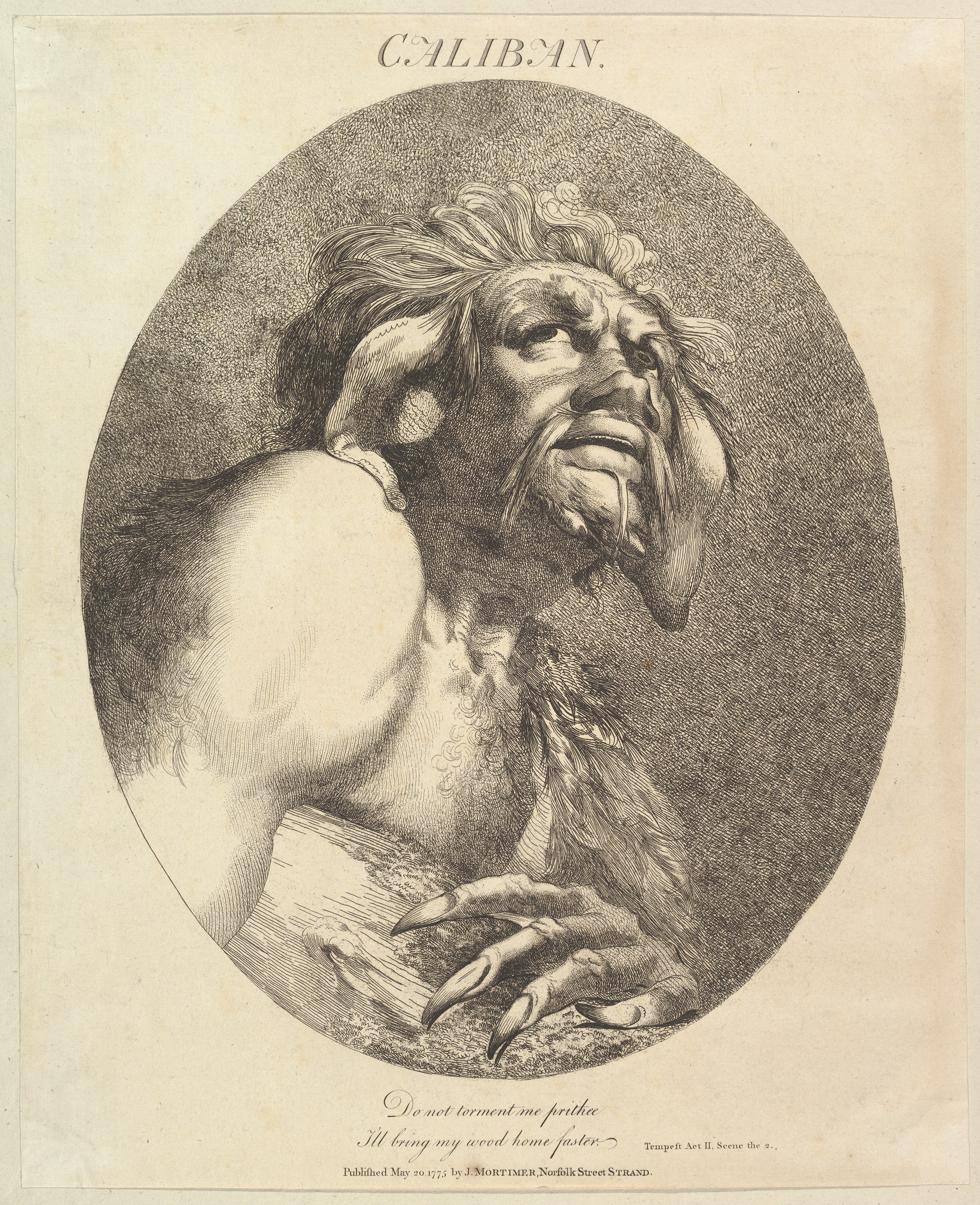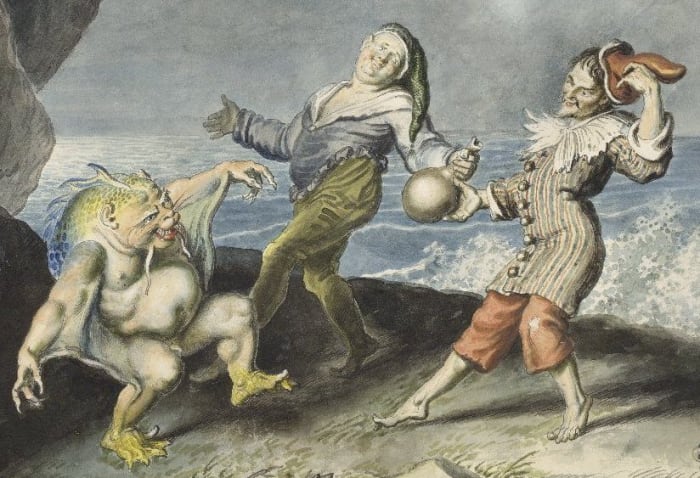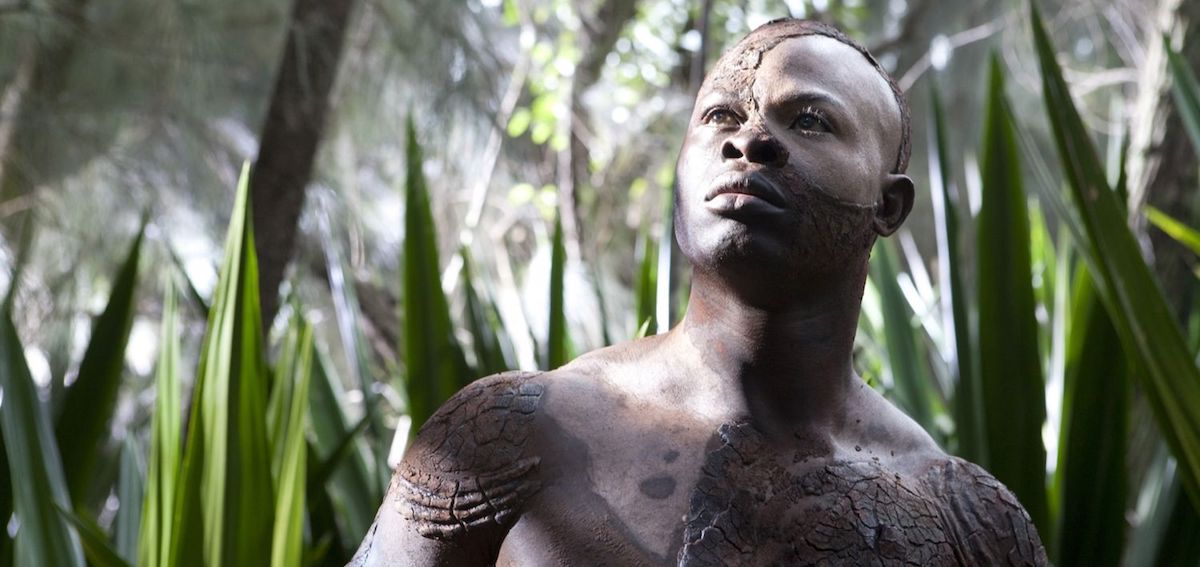

Prospero has set out to educate his daughter out of fatherly duty to make her a better person, and so she can become a fine young woman and Caliban perhaps out of pity and/or guilt. The heated and highly entertaining exchange between Caliban and Prospero in Act 1:2 refers to the ability to be educated. He is a cultivated man, the yardstick against whom others will be measured it is therefore unsurprising that a comparison is made between the two characters. Prospero is at face value the complete opposite of Caliban. Whilst the character traits highlighted above make Caliban unique when compared with other characters it is this uniqueness that is considered to be odious and distasteful especially when measured against Prospero. He compares directly with the elegance, poise and good manners of Prospero.

Upon thy wicked dam, come forth!' (Act1.2) 'Thou poisonous slave, got by the devil himself The play introduces in Act 1:2 Caliban as an unruly, dehumanised being, he is rebellious, insubordinate and wicked: Via a contrast between Prospero, Miranda and Ferdinand on the one side and Caliban on the otherhand. The play investigates the clash between nature and Art. Further this essay will examine whether 'nurture' is perfect and nature imperfect and the relationship between both. This essay will examine whether the statement posed it actually true of Caliban, that is whether Caliban is a truly naturalised character or whether nurture affects his character. In this respect, nature is seen in a negative way that is base whereas nurture is positive and superior as it is about moulding people, about cultivating better-quality beings. The quotation in question suggests that Caliban is a man of nature indeed one who is sub-natural or unnatural and further that he is one who is not be capable of being civilised, cultured, educated or enlightened. The parallel debates over whether behaviour owes more to genes or environment and whether nurture is superior to nature are as old as the earliest studies of the nature of man. On the other hand supporters of the natural man portray him as being uncontrived, unaltered, genuine, incorruptible and the civilised man as being distorted, pretentious and with a cunning that allows him to hide his evil actions and habits. Those in favour of the cultivated nurtured man present the 'natural man' as being primitive, barbaric and unrestrained whereas the cultured man is quality in character, enlightened, dignified and forward-thinking. Here the focus is upon which is superior the civilised nurtured man or the uncivilised 'natural man'.

In this his final play Shakespeare is once again concerned with subversion and disorder.

CALIBAN THE TEMPEST HOW TO


 0 kommentar(er)
0 kommentar(er)
